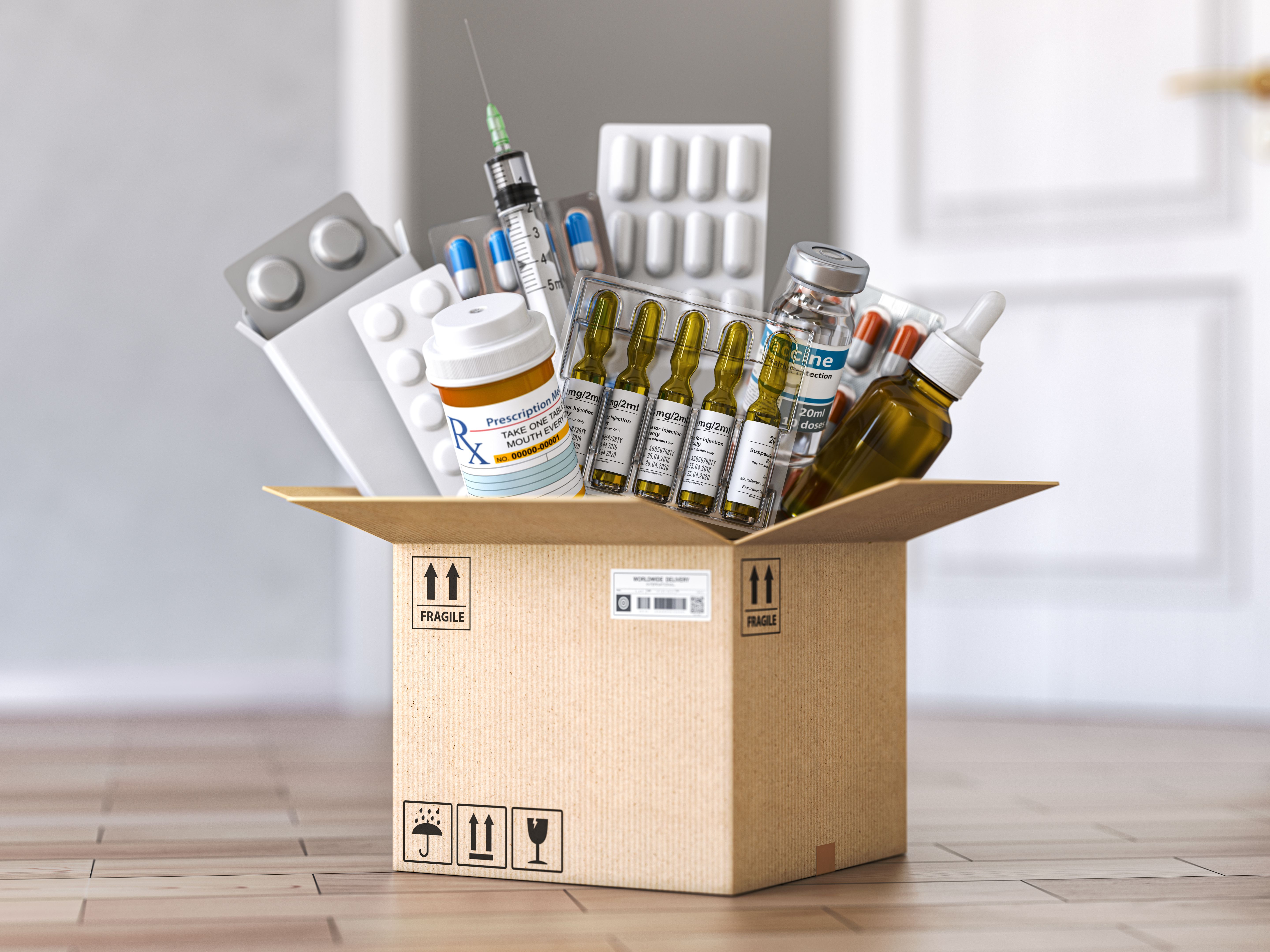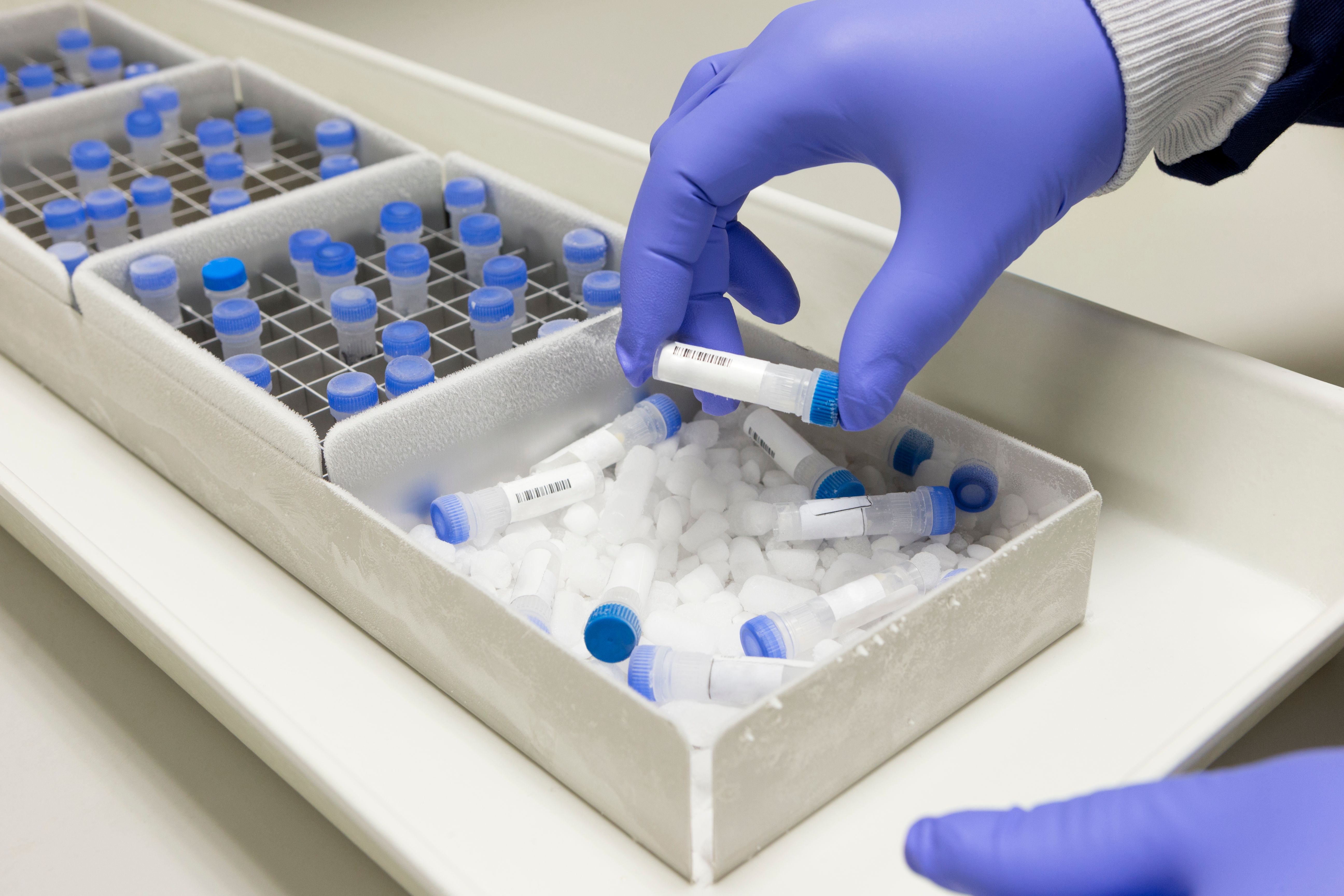Ensuring Safe and Timely Delivery of Medical Samples
Introduction to Medical Sample Delivery
In the fast-paced world of healthcare, ensuring the safe and timely delivery of medical samples is crucial. These samples, ranging from blood tests to biopsies, are often vital for diagnosing and treating patients. The transportation process must be meticulously managed to maintain the integrity of the samples and support accurate medical analysis.
Challenges in Medical Sample Transportation
Transporting medical samples presents unique challenges. These include maintaining the correct temperature, ensuring proper labeling, and preventing contamination. Each sample type has specific requirements that must be met to ensure that the analysis is reliable and the results are accurate.

Importance of Temperature Control
One of the most critical factors in medical sample delivery is temperature control. Certain samples need refrigeration or freezing to preserve their integrity during transit. Failure to maintain these conditions can lead to degradation and render the sample unusable. Modern logistics solutions often employ temperature-controlled containers and real-time monitoring systems to address this challenge effectively.
Proper Labeling and Documentation
Another essential aspect is the proper labeling and documentation of samples. Accurate labeling ensures that the samples are easily identifiable and traceable throughout the delivery process. This step is vital for preventing mix-ups and ensuring that each sample reaches its intended destination safely.

Regulatory Compliance in Sample Transportation
Compliance with regulatory standards is paramount in medical sample transportation. Healthcare providers and logistics companies must adhere to guidelines set by health authorities to ensure that samples are handled appropriately. This includes using certified packaging materials and trained personnel to manage the transportation process.
The Role of Technology in Enhancing Delivery
Technological advancements play a significant role in enhancing the delivery of medical samples. GPS tracking systems allow for real-time monitoring of shipments, ensuring that any delays or deviations from the planned route are quickly addressed. Additionally, digital platforms facilitate efficient communication between healthcare providers and logistics companies, streamlining the entire process.

Best Practices for Safe Delivery
Implementing best practices is essential for ensuring the safe delivery of medical samples. Some key practices include:
- Using certified, temperature-controlled packaging
- Ensuring thorough training for staff involved in handling samples
- Conducting regular audits and compliance checks
The Impact on Patient Care
The timely and secure delivery of medical samples has a direct impact on patient care. Quick turnaround times for test results can lead to faster diagnoses and treatment plans, ultimately improving patient outcomes. Efficient logistics can also reduce costs associated with repeat testing due to compromised samples.
Conclusion
Ensuring the safe and timely delivery of medical samples is a complex but critical task in healthcare logistics. By addressing challenges such as temperature control, proper labeling, and regulatory compliance, healthcare providers can ensure accurate test results and enhance patient care. The integration of technology further supports this process, paving the way for more reliable and efficient healthcare delivery systems.